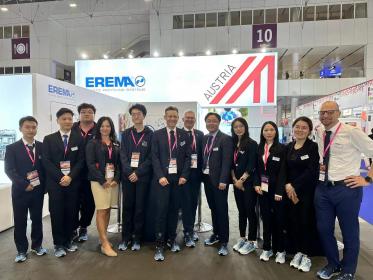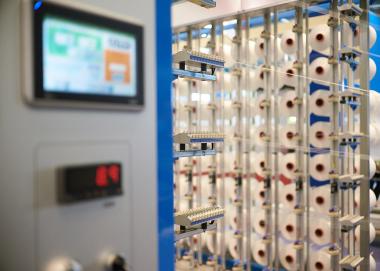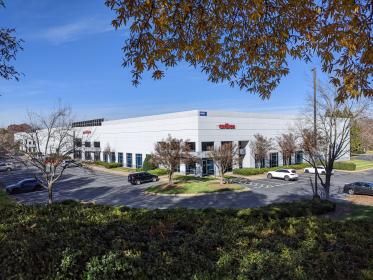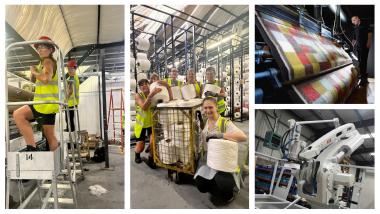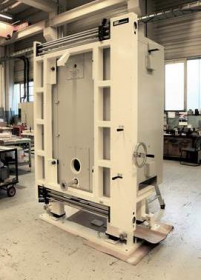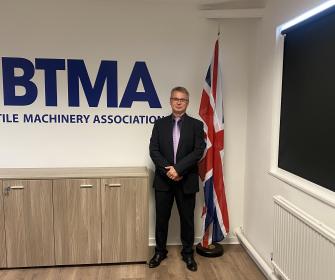EREMA: PET-Recycling auf der Chinaplas 2024
Die Bottle-Systeme des österreichischen Recyclingmaschinenbauers EREMA sind seit 25 Jahren am Markt, knapp 50 Prozent der in den letzten drei Jahren ausgelieferten Bottle-Anlagen wurden in Asien installiert. Die Herstellung von lebensmitteltauglichem rPET rückt dort immer mehr in den Fokus – auch in der Textilbranche. EREMA unterschreitet nicht nur die strengen Grenzwerte der weltweit anerkannten europäischen und nordamerikanischen Behörden für Lebensmittelsicherheit, sondern auch jene von globalen Markenartiklern. Bei der Chinaplas von 23. bis 26. April 2024 in Shanghai präsentiert das Unternehmen sein Portfolio.
Lebensmittelechtes rPET im Aufwind – auch in der Textilindustrie
Zusätzlich zum Lebensmittelbereich spielt lebensmittelkonformes rPET in der Textilindustrie eine zunehmend größere Rolle. Rund zwei Drittel der Gesamtmenge an PET fließen in die Produktion von synthetischen Fasern. EREMA reagierte darauf mit der Gründung einer eigenen Business Applikation für Fasern und Textilien.
Marken setzen immer öfter auf recyceltes PET als Ausgangsmaterial, das den Anforderungen für Food Grade entspricht, um ihren Kunden nachhaltige, gesundheitlich unbedenkliche Textilien anbieten zu können. Ein Trend, der sich bei EREMA im steigenden Absatz von Bottle-to-Fibre Anwendungen widerspiegelt. Asien ist in diesem Segment ein wichtiger Markt.
Schonende Materialaufbereitung für Faser-zu-Faser
Speziell für das Faser-zu-Faser-Recycling wurde die INTAREMA® FibrePro:IV Maschine entwickelt. Durch die Kombination der INTAREMA® Technologie mit dem neuen IV-Uptimiser gelingt es, durch Spinnöle stark kontaminierte geschredderte PET-Fasermaterialen so aufzubereiten, dass aus dem Regranulat wieder feinste Fasern produziert werden können. Die Anlage zeichnet sich durch eine gezielt aktive Oberflächenerneuerung der Schmelze unter Vakuumatmosphäre aus, wodurch Spinnöle und andere Hilfsstoffe effizienter entfernt werden als bei herkömmlichen PET-Recyclingverfahren. Nach der Extrusion wird im IV-Uptimiser die intrinsische Viskosität durch Polykondensation der PET-Schmelze wieder auf jenes Niveau erhöht, wie es für die jeweilige Faserproduktion nötig ist.
Um die Entwicklungen im PET-Faserrecycling voranzutreiben hat die EREMA Gruppe ein eigenes Faser-Technikum am Stammsitz in Ansfelden, Österreich geschaffen. Hier betreibt ein interdisziplinäres Team eine umfangreich ausgestattete und variable Recyclinganlage im Industriemaßstab. Sie ist mit der notwendigen Peripherietechnologie ausgerüstet und steht auch Kunden für Testläufe zur Verfügung.
EREMA Group GmbH


